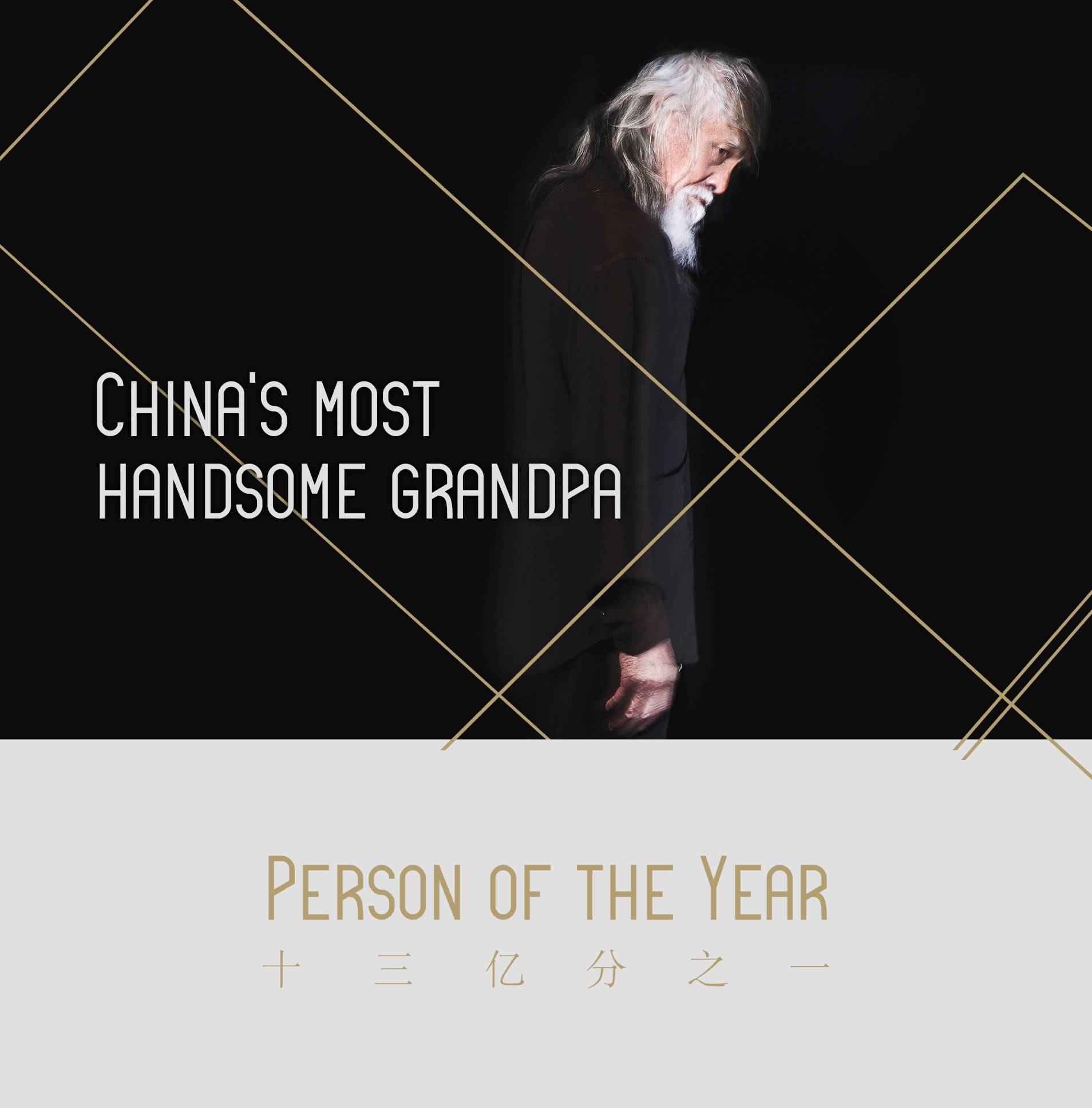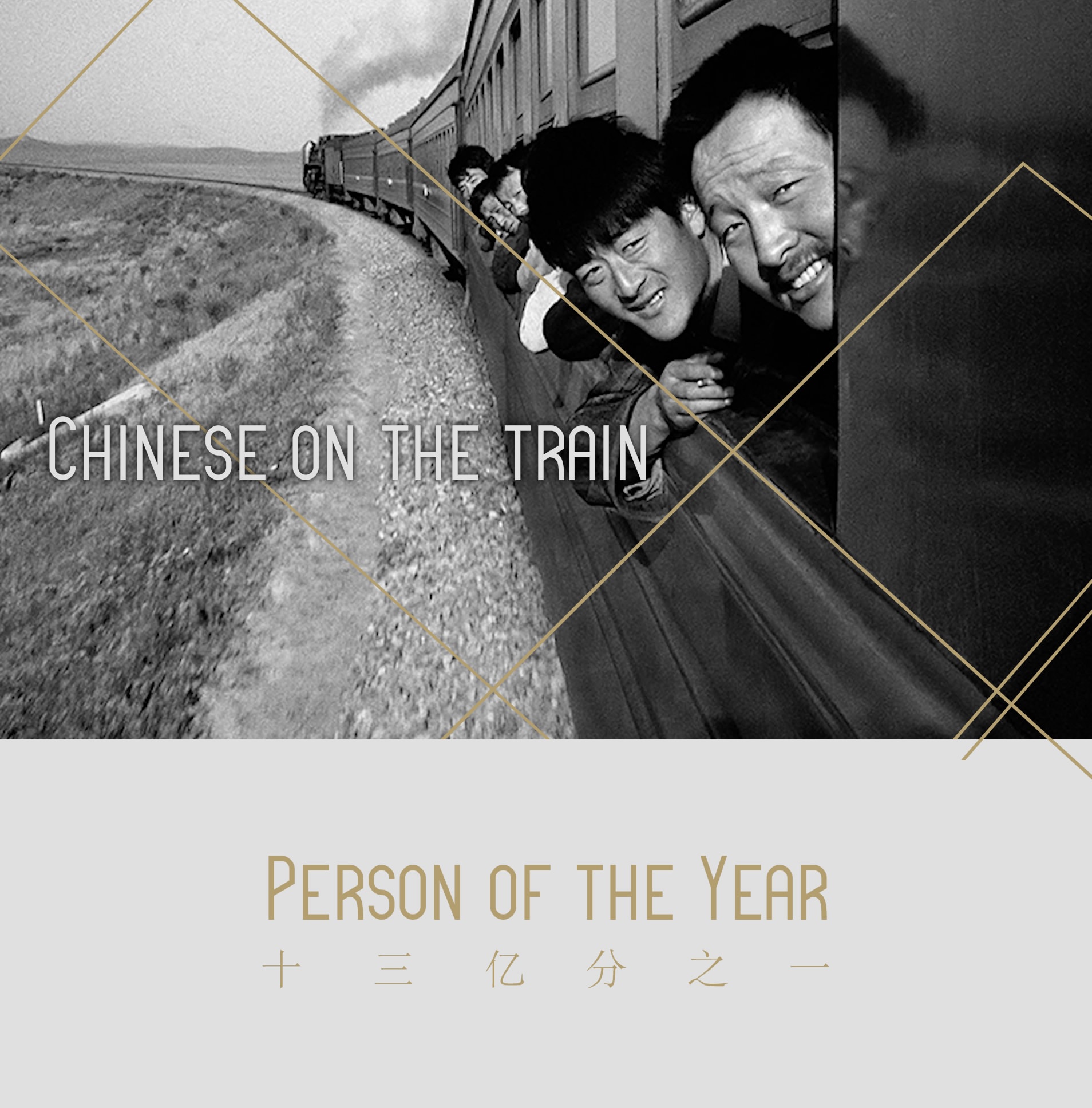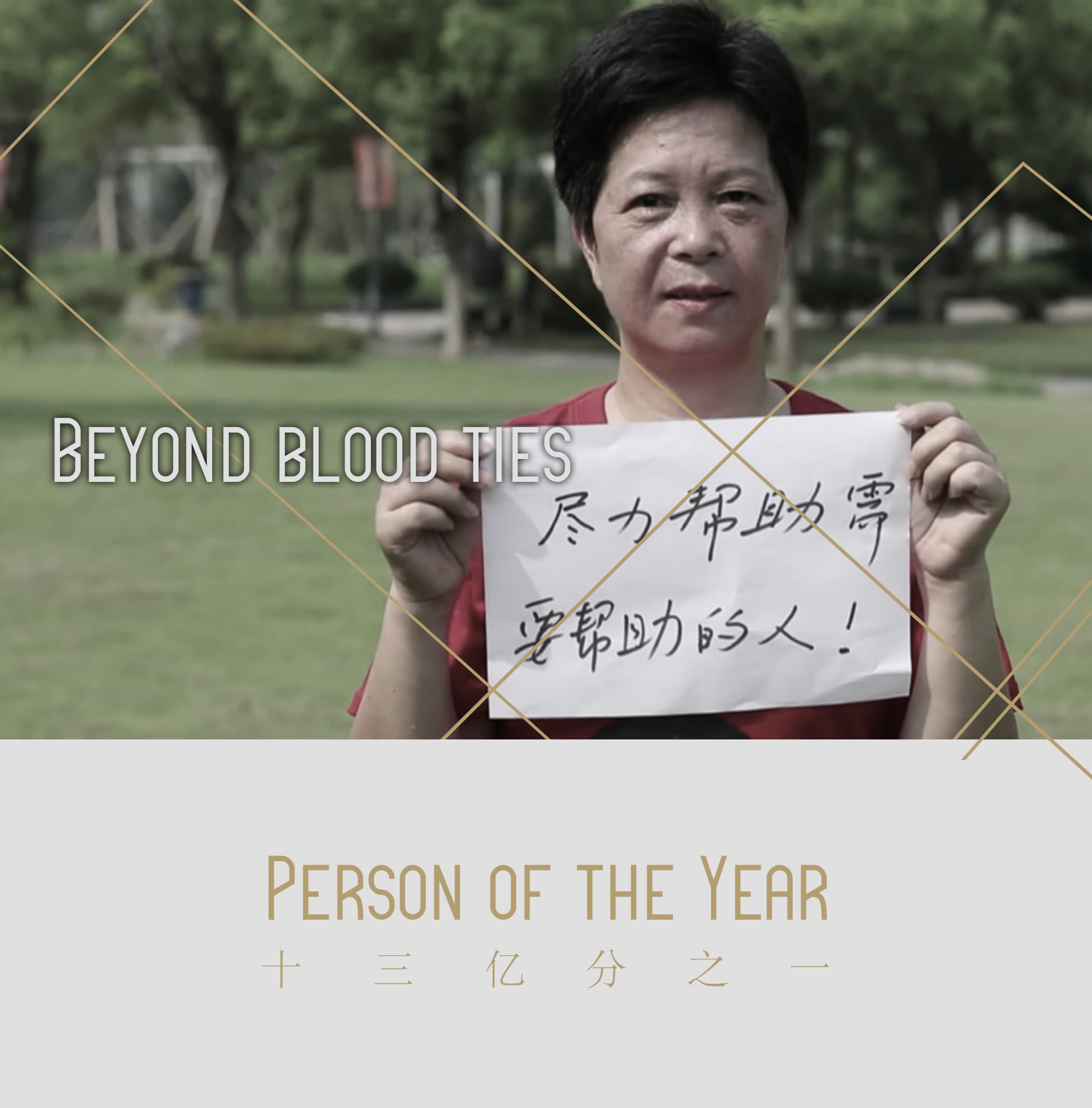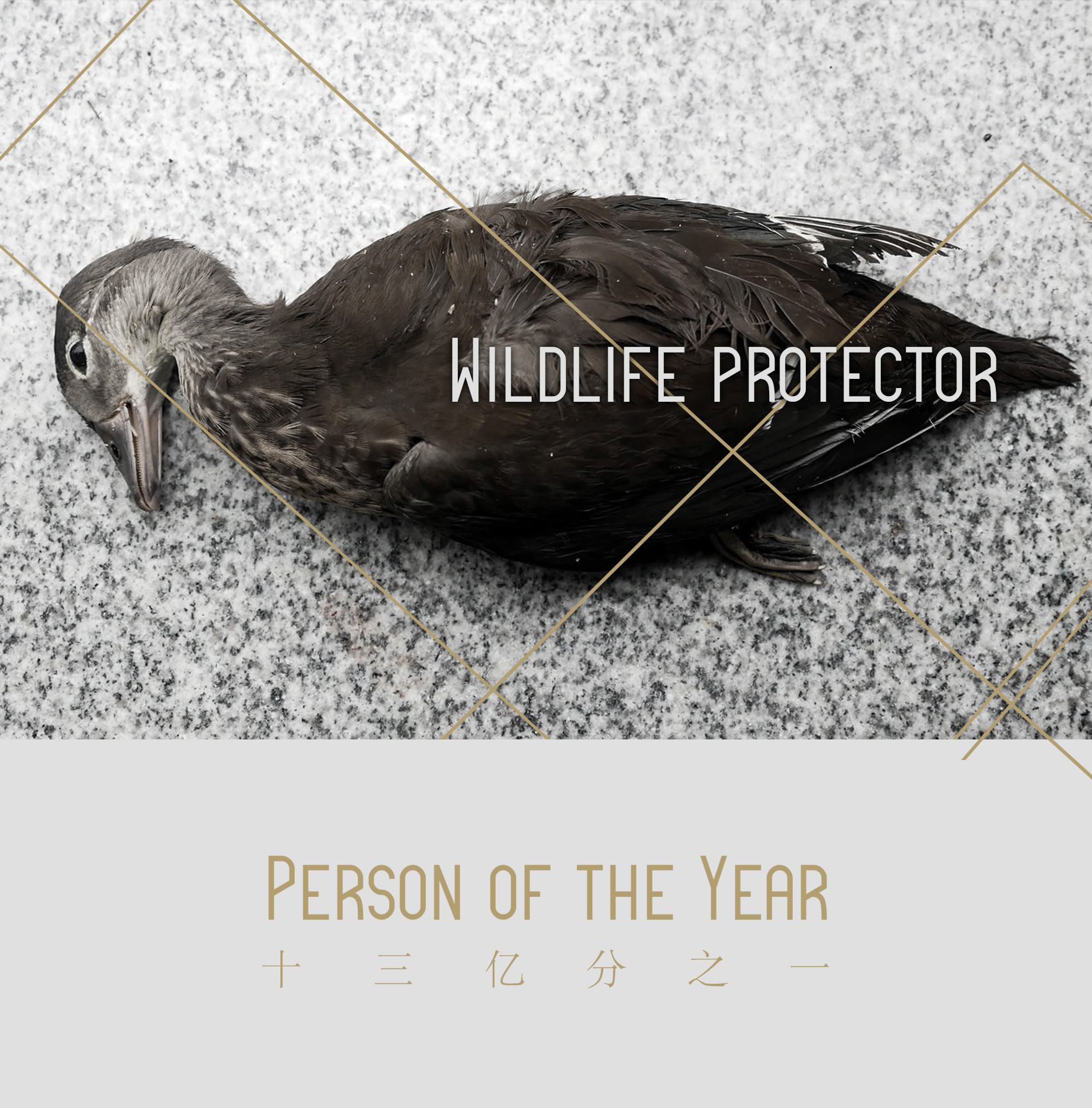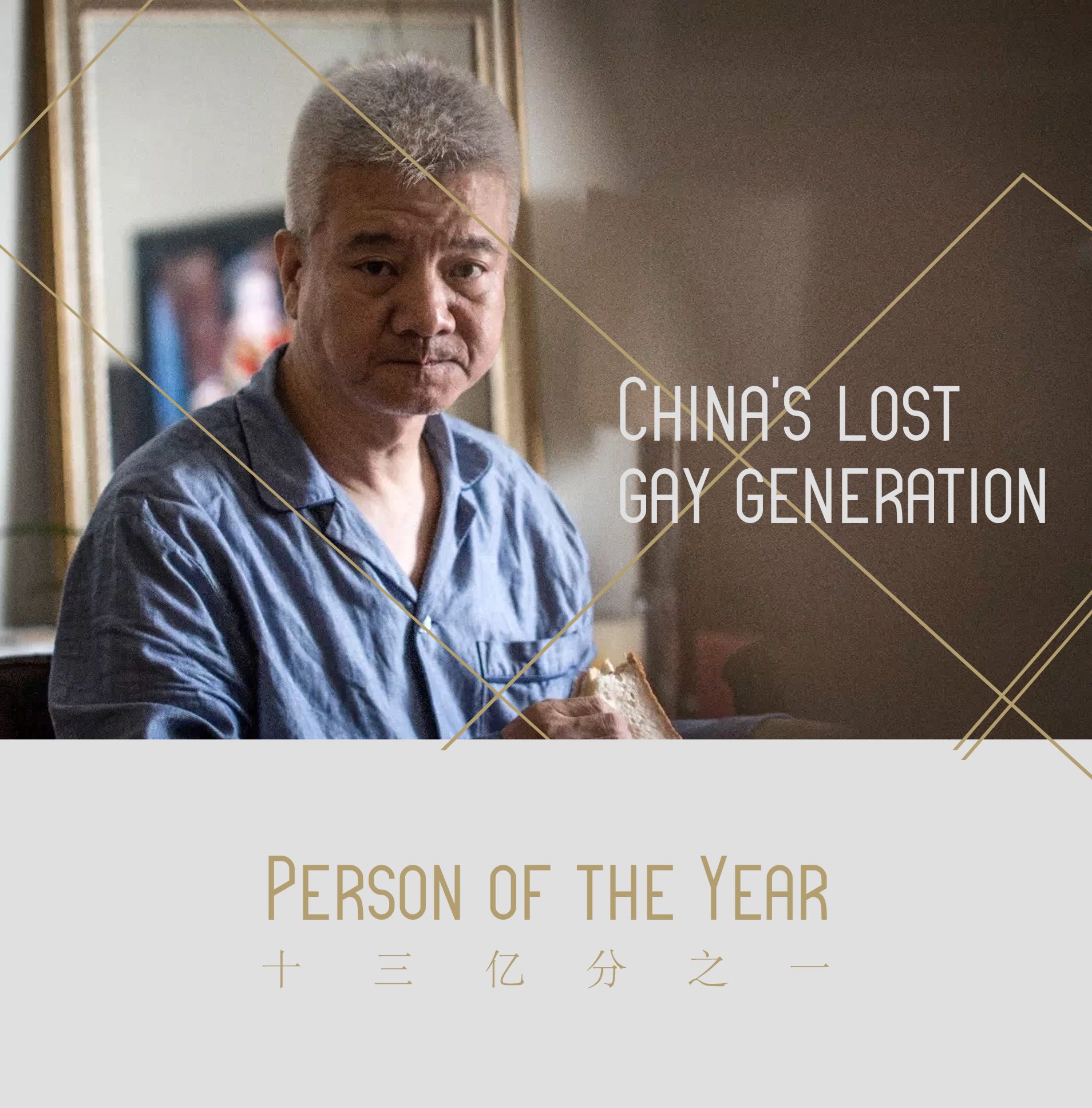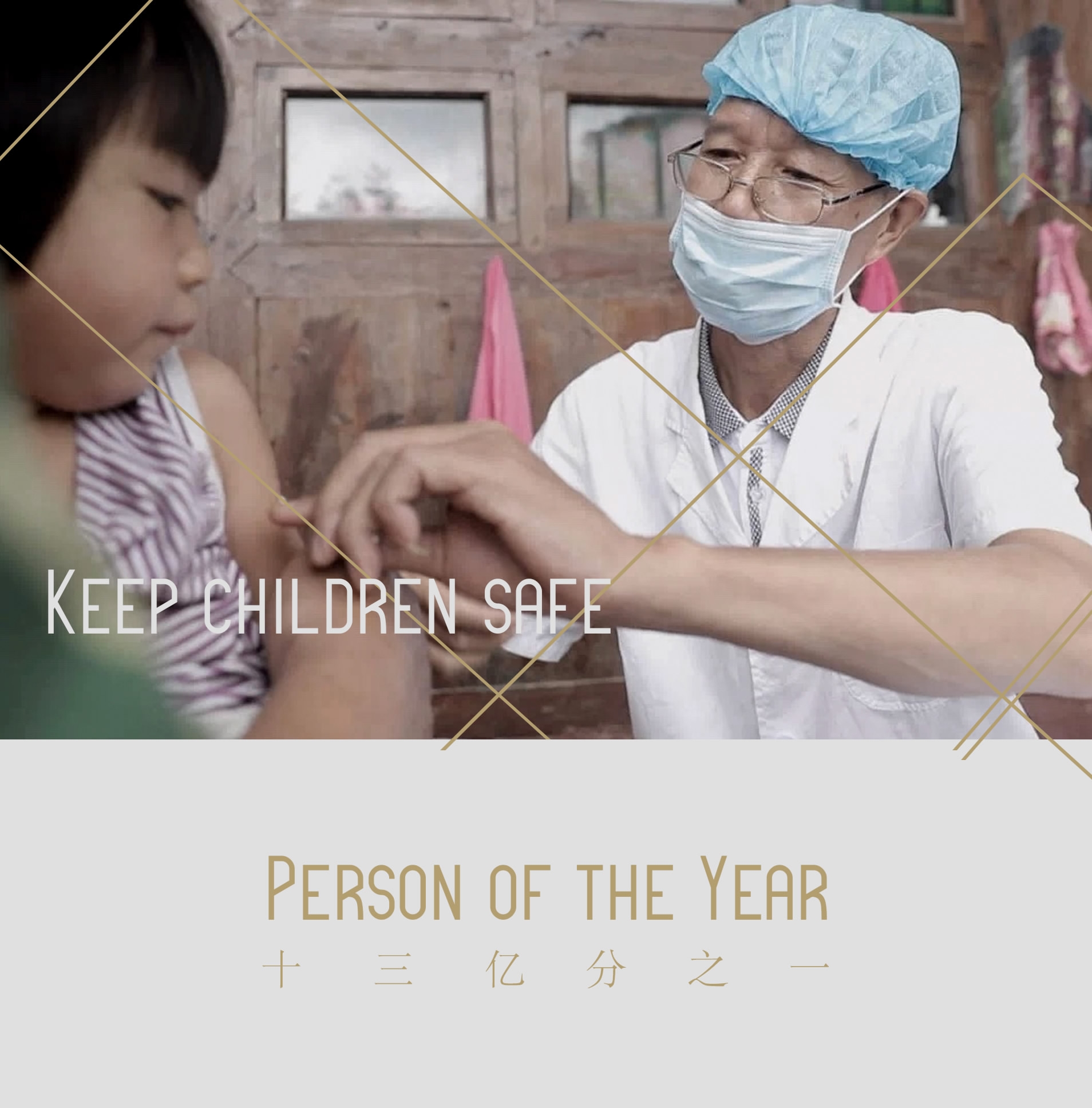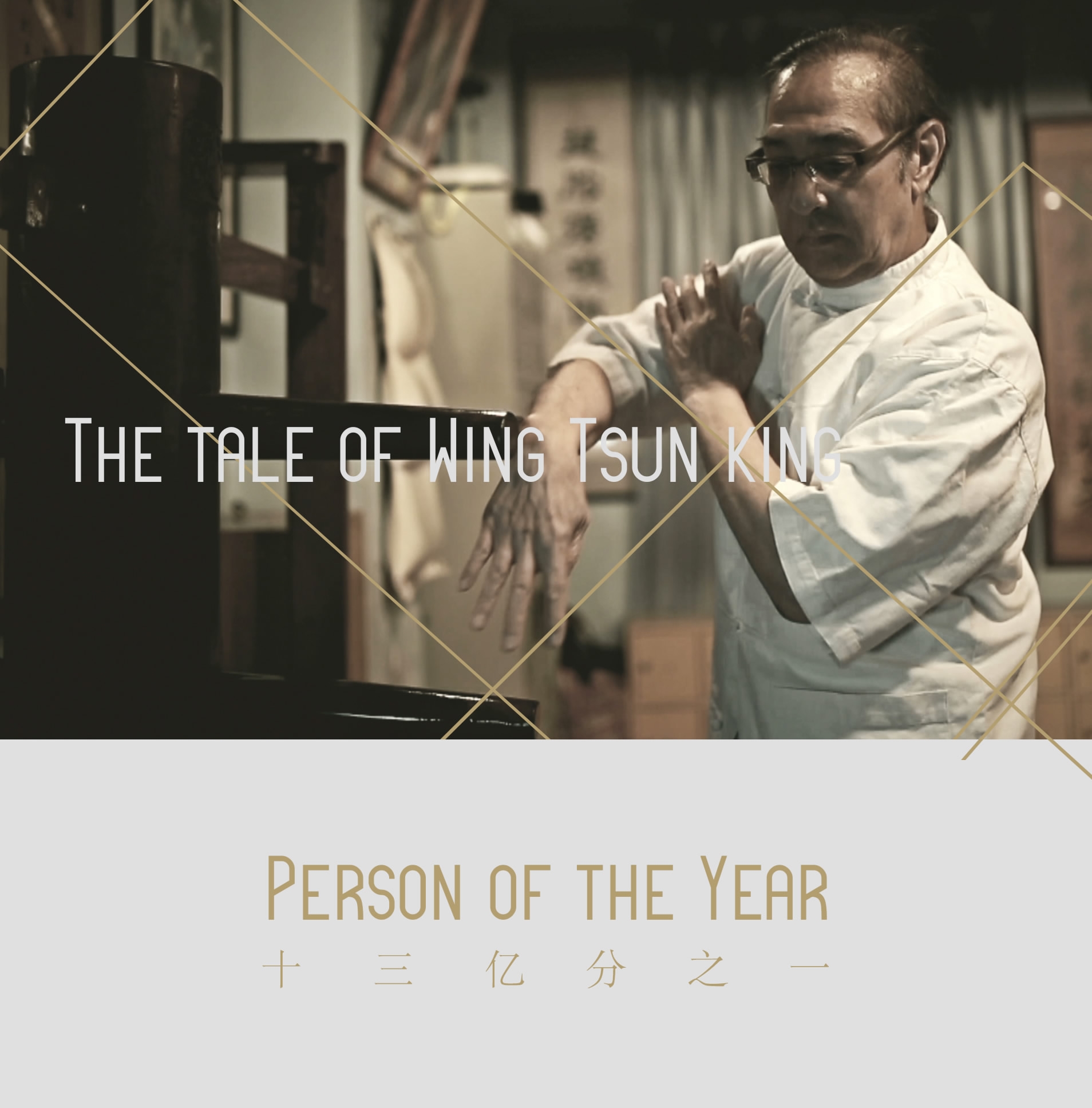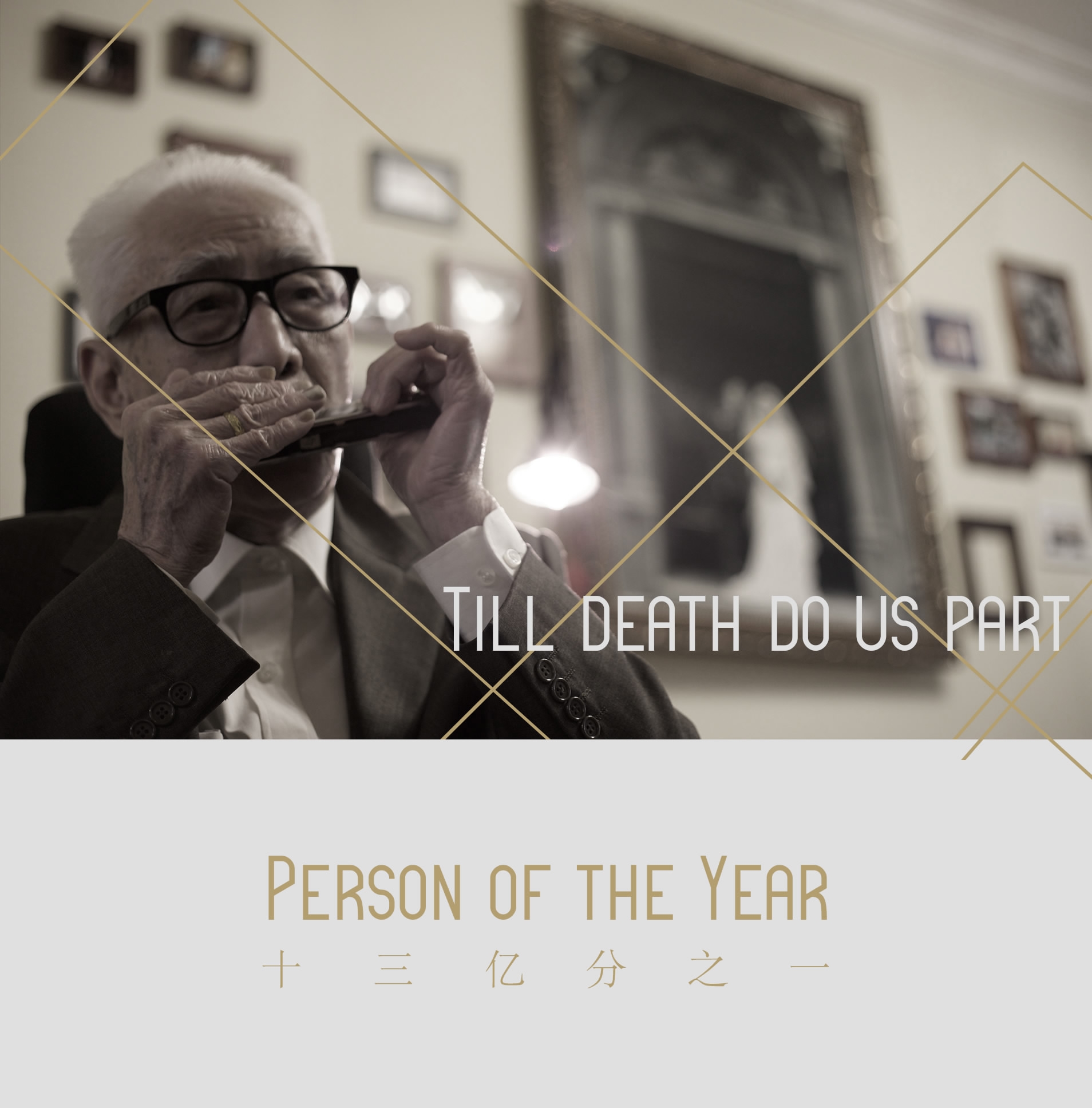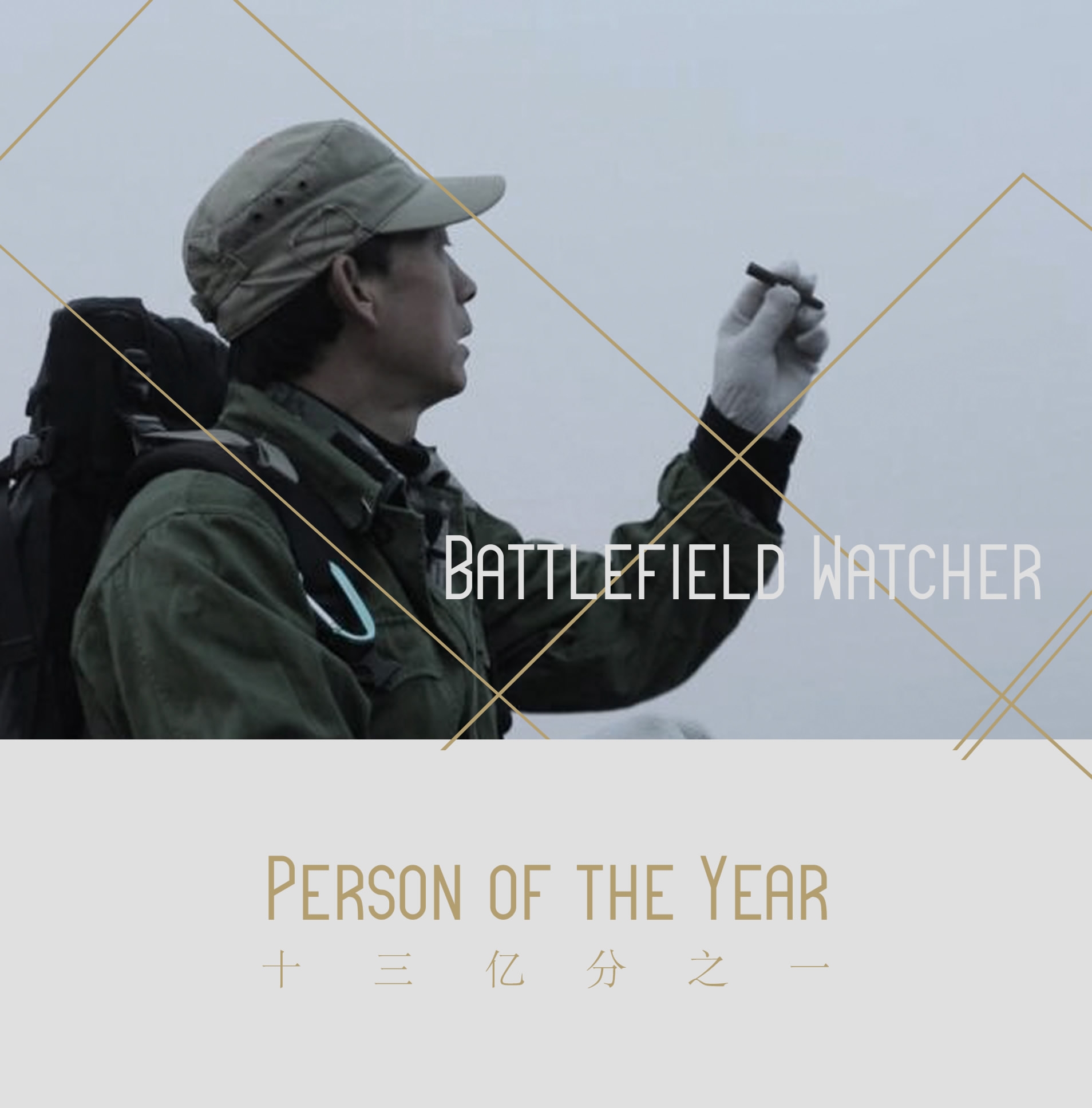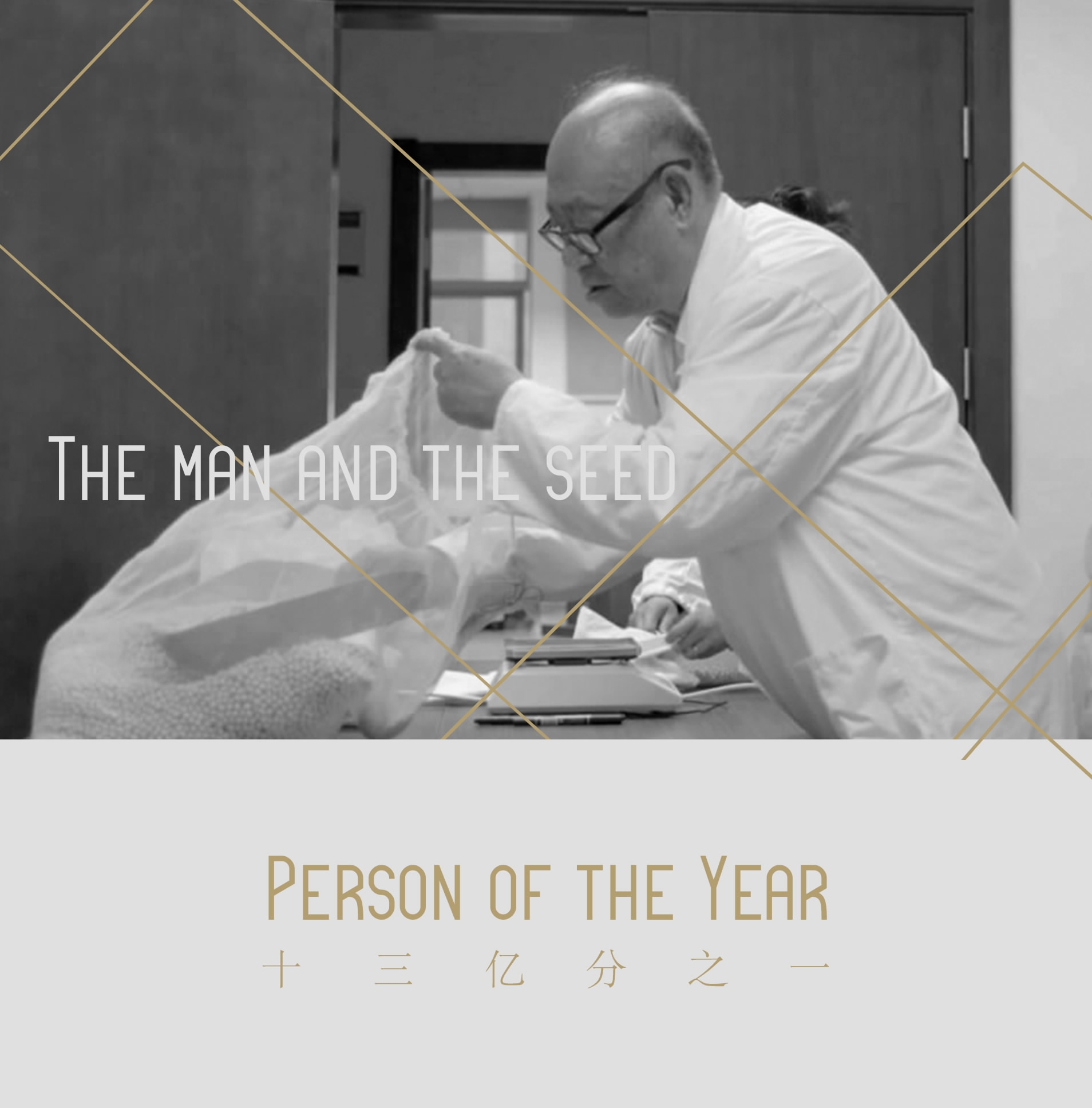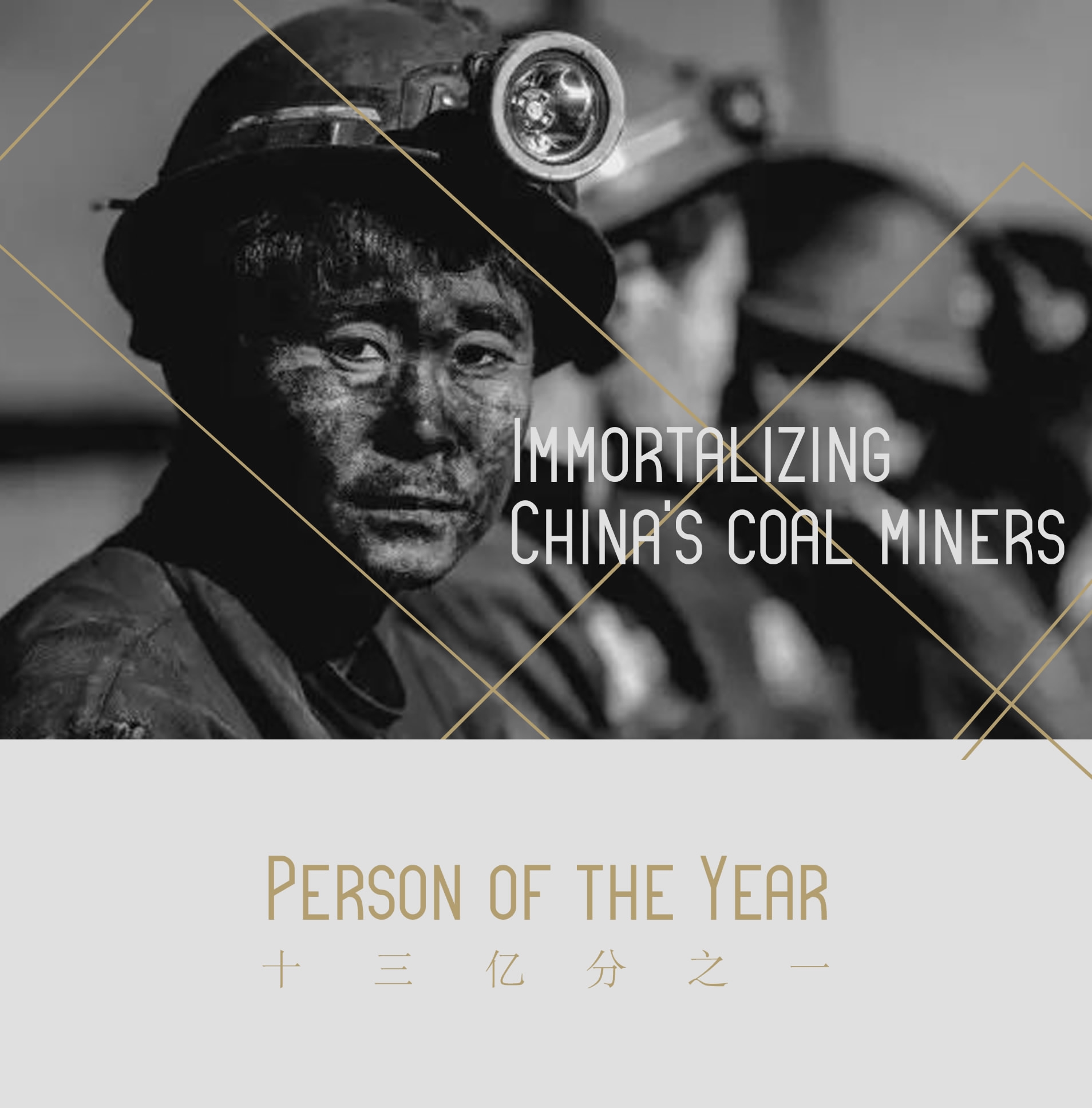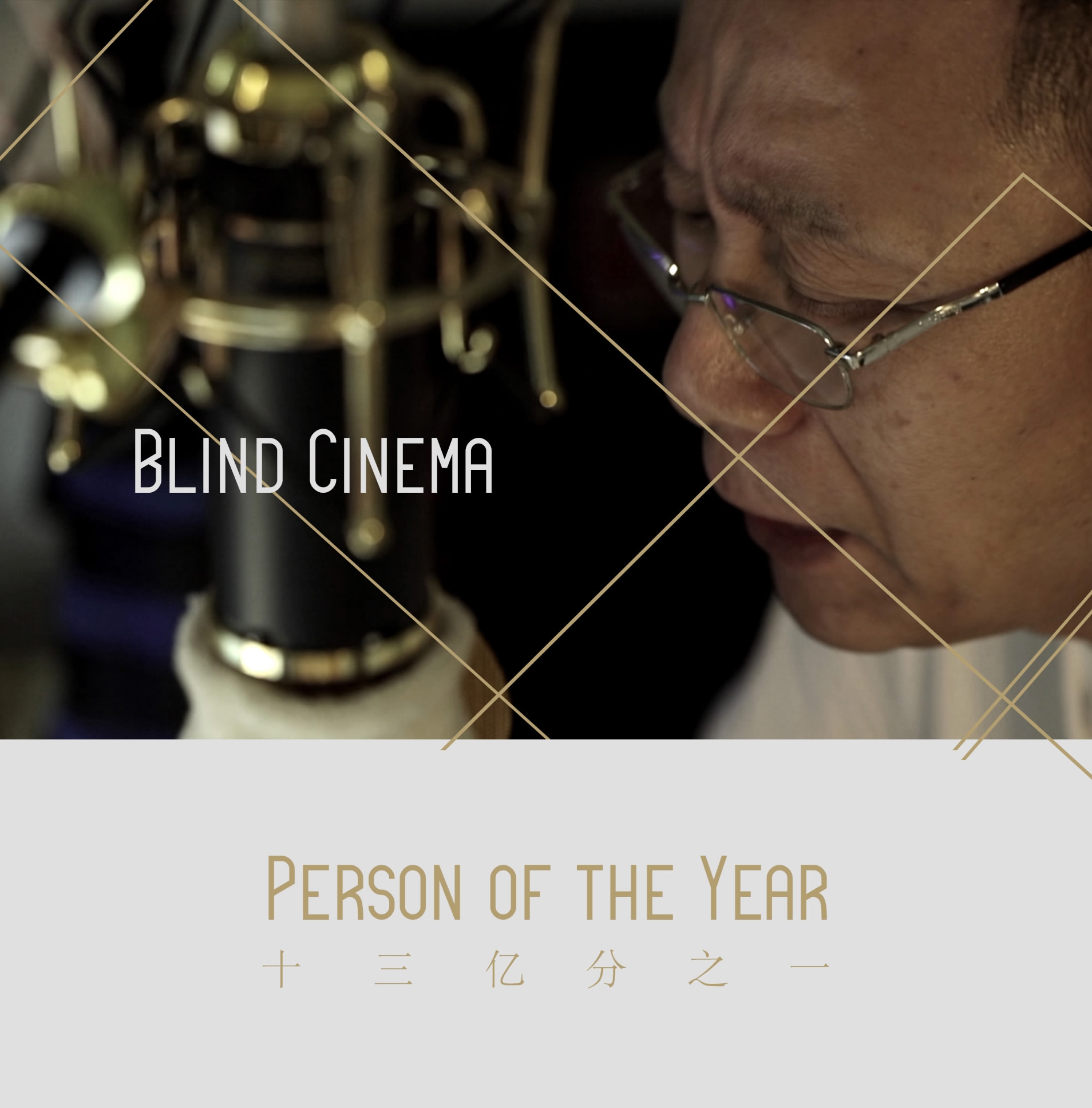
Culture
21:18, 07-Jan-2018
A letter to readers in 2018 | Person of the Year
CGTN
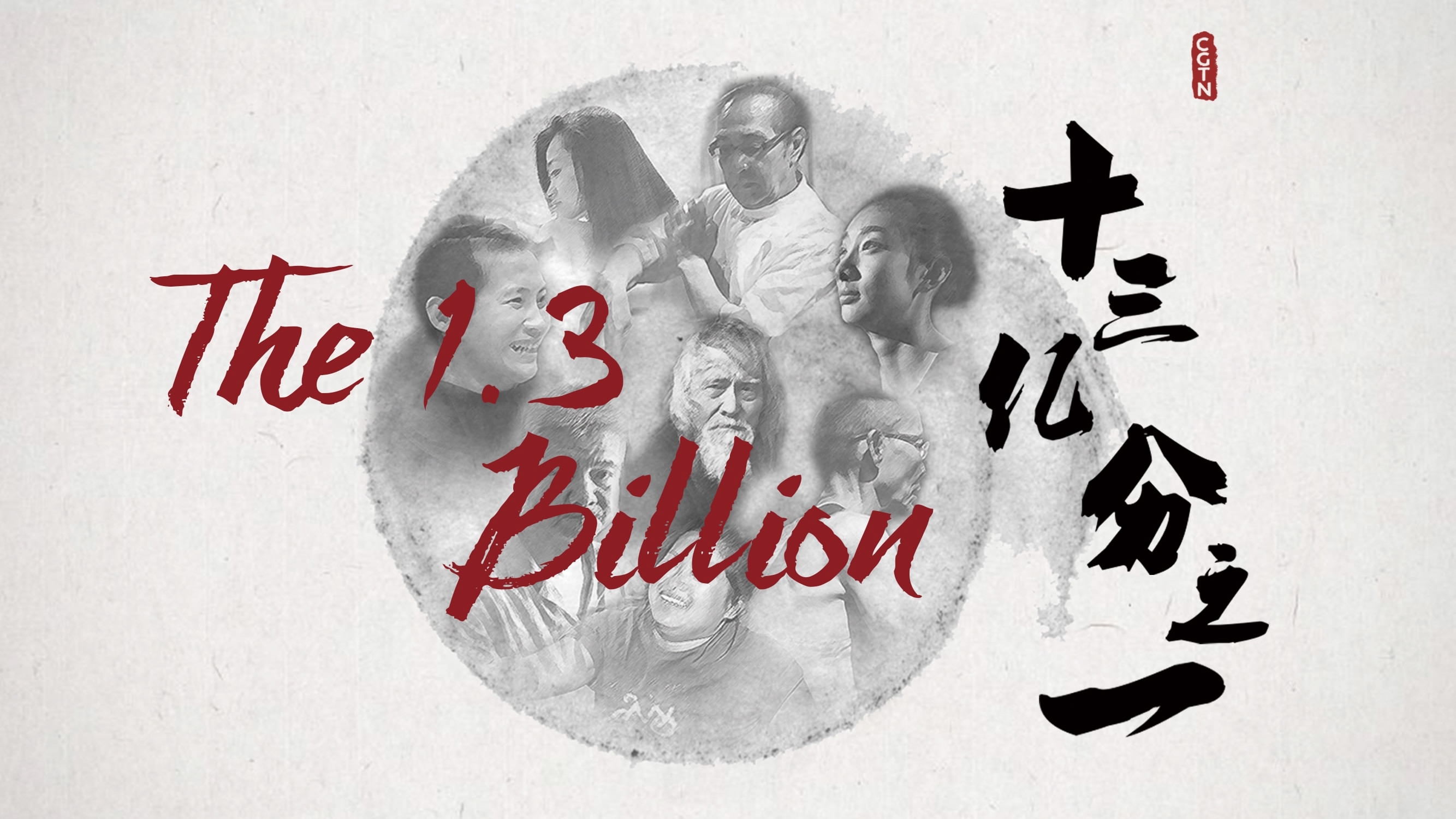
No man is an island, entirely of itself.
Every man is a piece of the continent, a part of the main.
Each of the Chinese people are part of a vast country with 1.3 billion others.
The 1.3 Billion series has published 45 episodes as of Dec. 26, 2017, and has been seen by audiences across Facebook, Youtube, Weibo and WeChat.
Our website will continue to present the stories this year, and we hope to hear your story in 2018.
We chose 12 representative stories from 2017 to share with you.
(Click the photo to watch the full story)
Wang Deshun
- I won't stop at 80.
At the age of 79, Wang Deshun strutted down the catwalk like a warrior king. Chinese netizens dubbed him “China’s most handsome grandpa.”
Wang Fuchun
- You take a photo today, it will become history tomorrow. You can't repeat it, nor can others.
His photos document the country’s transformation from one of steam locomotives to bullet trains, which embody China’s huge progress in the past three decades.
Lin Ping
- Sometimes, I think that my liver is good and healthy in her body. It makes me feel very happy.
In 2009, Lin Ping donated half of her liver to a little girl who was diagnosed with a grave liver disease.
Liu Yidan
- We have no reason to kill them.
Animal rights activist Liu Yidan has devoted her life to wildlife protection. She’s harassed by poachers threatening to kill her. But Liu is not intimidated. “When I see these (captured) birds and frogs return to nature, it feels like watching children return home to their mothers.”
(April 8 is International Rare Animal Protection Day)
Ashan
- Every man is an independent individual. Each has his troubles and problems to overcome. We respect ourselves, and also respect others.
Ashan is a 63-year-old man who belongs to China’s lost gay generation. He started building the oral history of Guangzhou’s older gay community, with the hope that people can learn from it and better understand the LGBT community.
Wang Chunsheng
- Children are the future of the country.
Wang Chunsheng is a vaccination doctor at a remote county in central China’s Hunan Province. He has spent over 38 years traveling over the mountains to vaccinate local children. “Children are the future of the country,” said Wang Chunsheng.
Leung Ting
- To win respect, morality is king, not being a tyrant with an iron fist.
Leung Ting follows in the footsteps of the great master Ip Man (Ye Wen) and practices Wing Tsun. In 1968, Leung became the first kung fu master to teach Wing Tsun in Hong Kong’s colleges. He established the International Wing Tsun Association and it now has over 4,000 branches in more than 60 countries and regions.
Rao Pingru
- Love never ends.
When Meitang died in 2008, her husband Pingru began learning to paint at the age of 87 to record their daily life.
Yang Guoqing
- Chinese or Japanese, they were both victims of war.
Yang Guoqing operates a deli in Beijing’s Changping District. In the basement of his deli, he set up a small memorial hall that contains display of helmets, shells, even human remains. He spent decades searching the battlefield of the Nankou Campaign and set up his shrine as an “overdue monument” to those martyrs in the wilderness.
Gai Junyi
- I know my persistence means something when I see self-produced tofu and soybean milk on Chinese people's table.
Gai Junyi has dedicated 60 years of his life to studying soybeans in China and has spent two decades collecting soybean seeds. These jars contain 18,000 kinds of seed, making it the world’s largest soybean germplasm repository, and a Chinese scientific treasure.
Lin Lanzi
- They work in the hell of darkness to bring light to others.
In the darkness of the pits, coal miners were so completely covered in soot that people could only see their white teeth. Painter Lin Lanzi used heavy brush strokes to portray these miners. His paintings paid tribute to ordinary Chinese workers.
Wang Weili
- When I was narrating; he was able to add to the sound with mental images. It became alive as if he could see them.
In 2009, Wang Weili established a cinema for blind people called “Xinmu," which literally means "seeing with the heart."
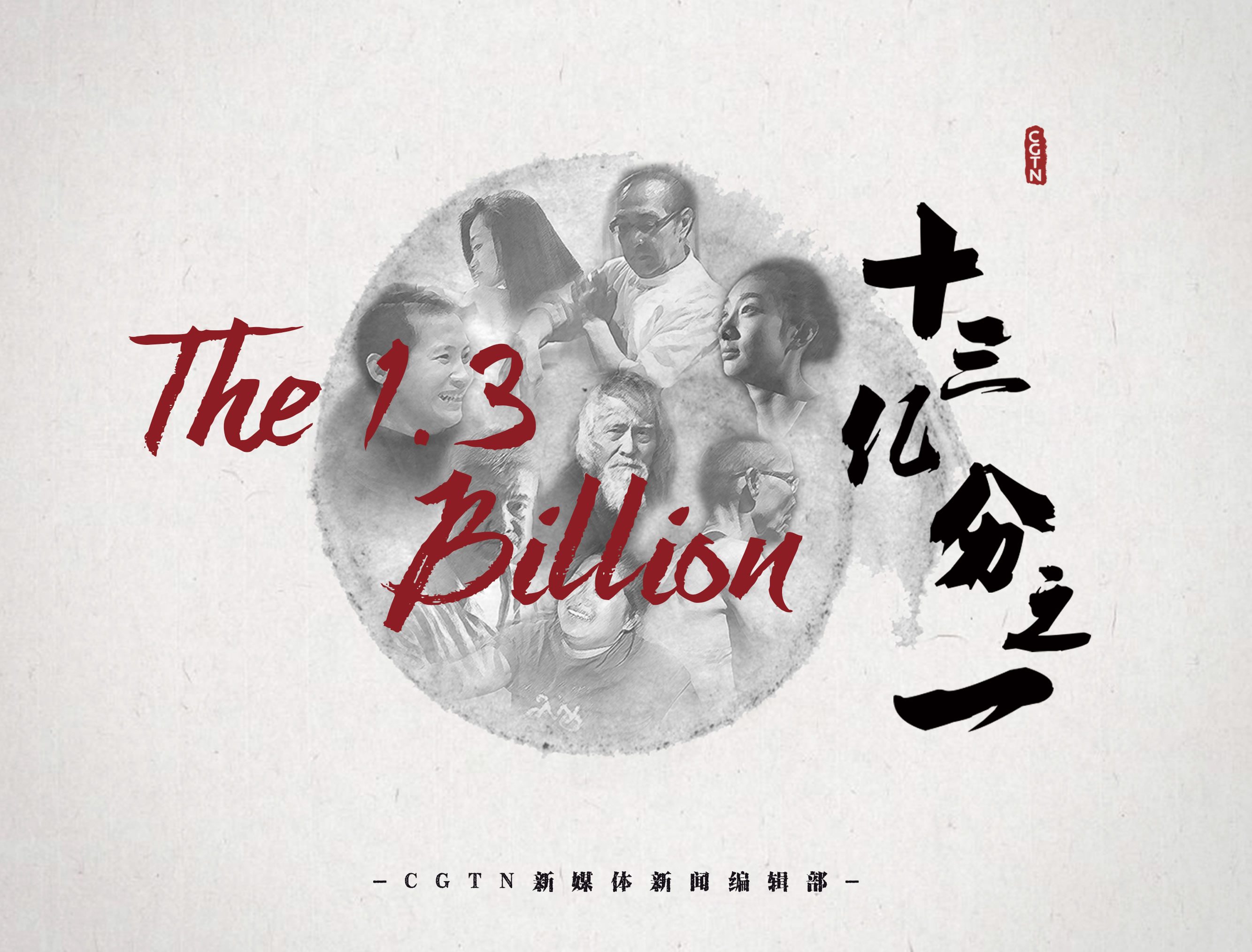
CGTN
CGTN
Send us your story to: 1.3_billion@cgtn.com

SITEMAP
Copyright © 2018 CGTN. Beijing ICP prepared NO.16065310-3
Copyright © 2018 CGTN. Beijing ICP prepared NO.16065310-3
